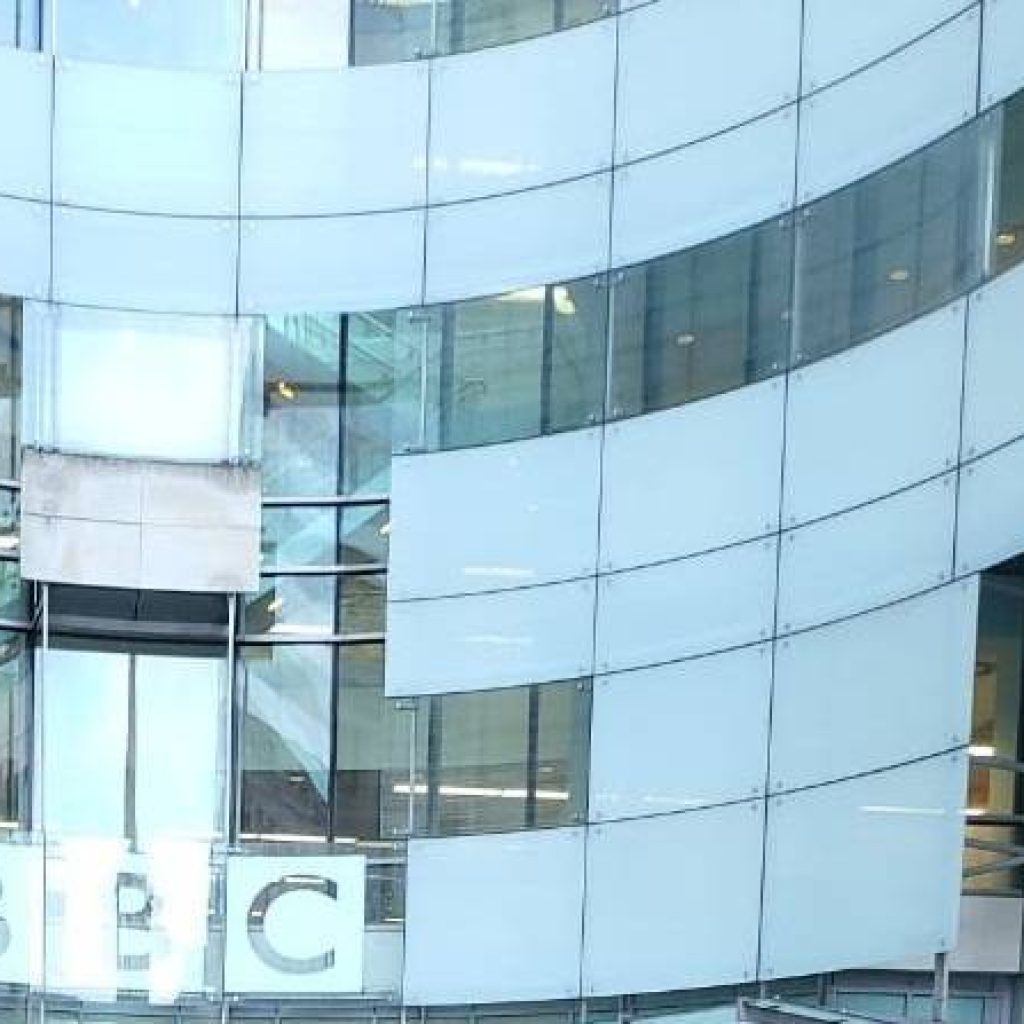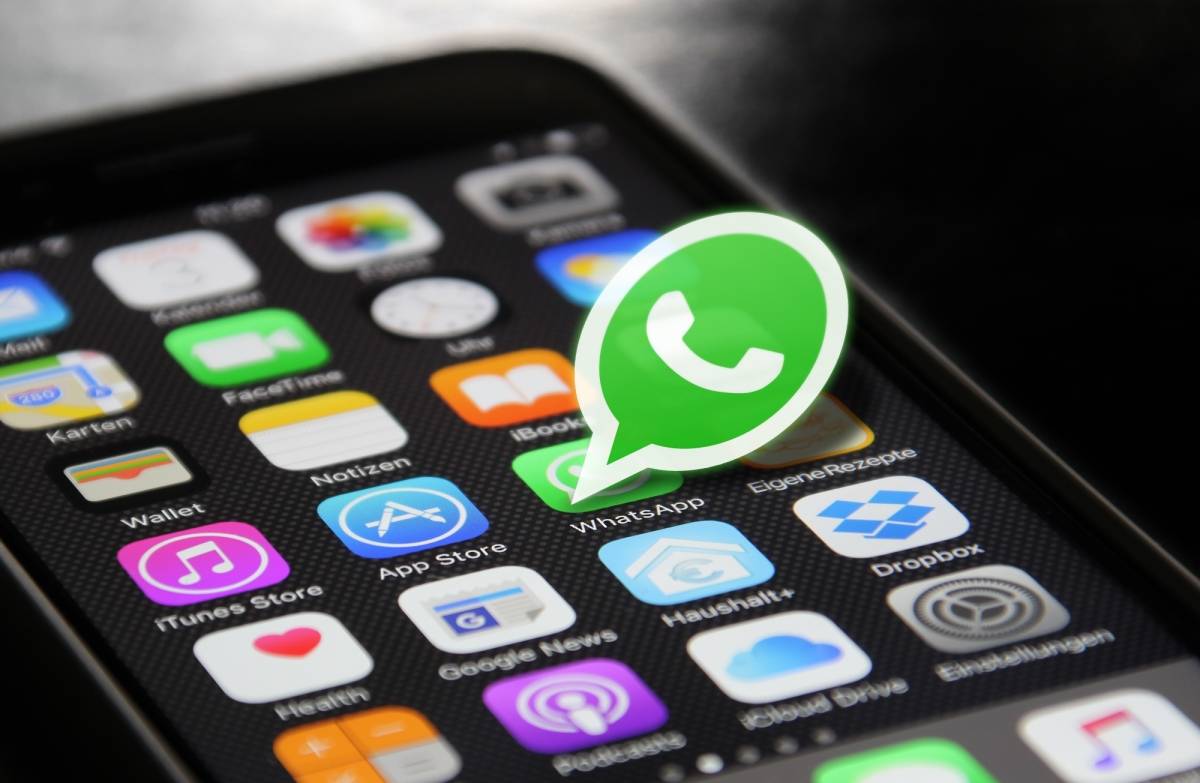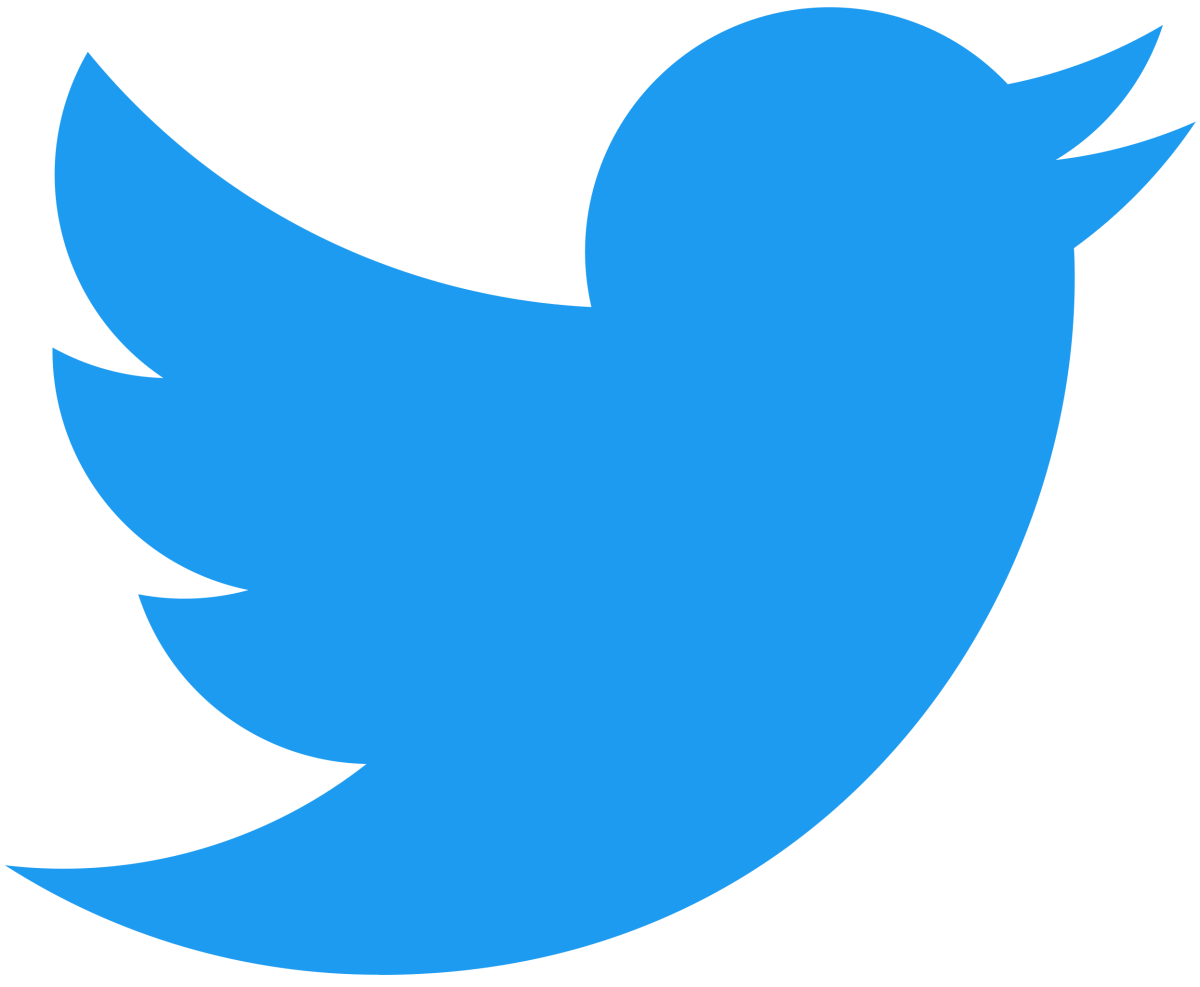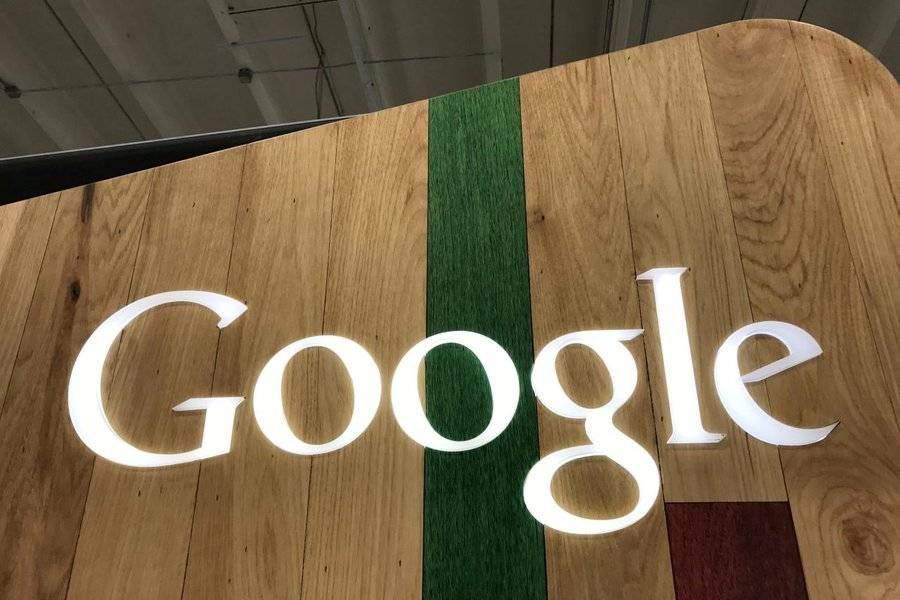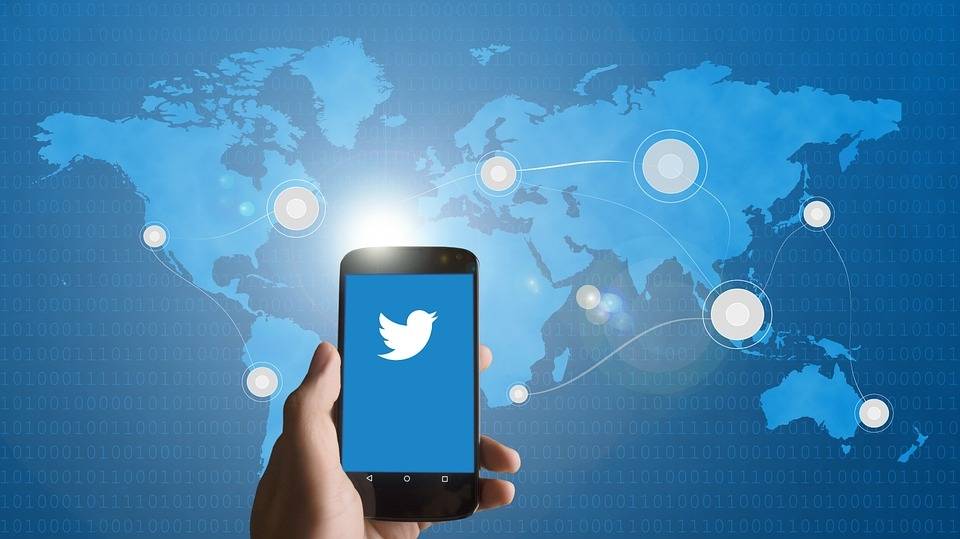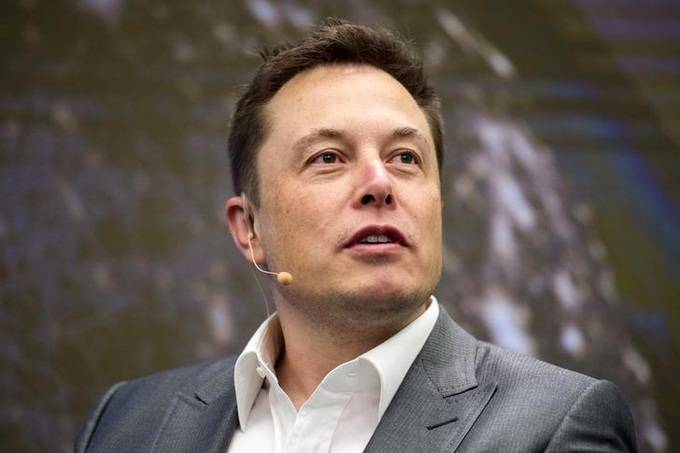She provides a lot of advice on meditation, proper food, how she handled the crazy hormones, and most importantly, how she maintained her composure throughout the childbirth journey…writes Olivia Sarkar
Women agree that becoming mother is a beautiful experience, but each woman’s experience is unique, for some its restless nights and swollen breasts, for others its about vaccinations and formula milk. There are countless of reasons for new mothers to get fussy, which is why you should tune into these social media handles of celebrity mothers who have used their outreach to become mom influencers. Not only will their Insta feeds boost your confidence during your 9-month pregnancy, but they also share great tips and tricks for demanding infants and parenting.
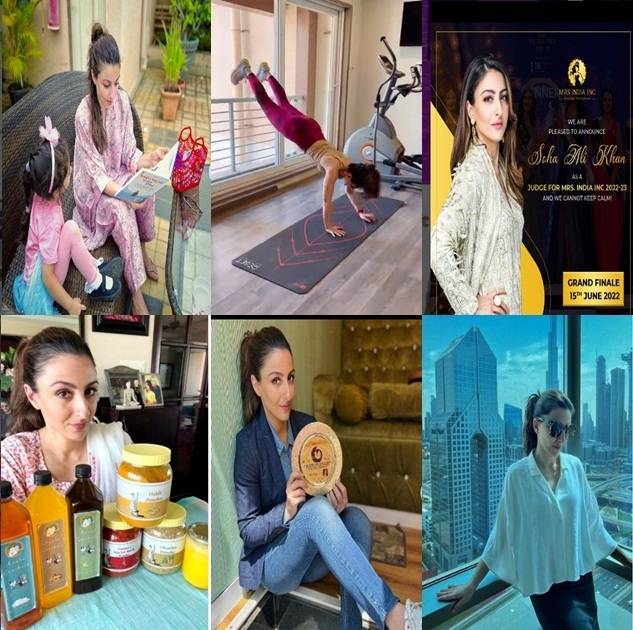

Kalki Koechlin
Kalki shared her experience along the nine months of her pregnancy regularly with her followers. She made sure to keep her fans interested by posting new updates from her journey, whether it be exercise photos or sharing helpful tips. She now proudly bears a daughter with Guy Hershberg. The fact that she continued working throughout this period, makes her handle a great option for working moms.
Lara Dutta
Another famous mother, who is well-known for her advice on exercise and yoga during pregnancy is Lara Dutta. She provides a lot of advice on meditation, proper food, how she handled the crazy hormones, and most importantly, how she maintained her composure throughout the childbirth journey. If you’re worried about staying healthy while pregnant, check out Lara’s fitness tips on Instagram. She is also an expert in endorsing various lifestyle and baby product brands.
Sameera Reddy
Although Sameera Reddy claims to be a social media star “by coincidence,” she made the switch soon after getting married and giving birth to her first born. Sameera is a content producer who excels at juggling several facets of her life, from being mother to her two kids, to cooking and taking her of the home, to sharing beauty and wellness tips. Those who enjoy a the ‘saas-bahu’ banter should tune into her handle for some surprises.
Soha Ali Khan
Soha Ali Khan is renowned for having strong views on parenting. She occasionally uses her voice to describe the difficulties of raising a child and being a parent. She is seen endorsing numerous infant product brands on Instagram and sharing her experiences with various products. In addition to endorsing numerous kid-friendly businesses, she is frequently seen sharing images of her family, spending time with her daughter, and giving tiny pieces of wisdom to all the aspiring mothers.

Neha Dhupia
Neha Dhupia speaks candidly about the challenges she faced during her second pregnancy. She often posts brand endorsements and paid partnerships along with insta stories about her travels and adventures with the family.
Mira Rajput Kapoor
On Instagram, Mira Rajput Kapoor has a massive following of more than three million people. The social media influencer, mother to two gorgeous children, is a brand favourite and she posts a lot of products and endrsments. Follow her for lifestyle, beauty and wellness stories.
ALSO READ-B’town stars add extra oomph to Asia Pacific premiere of ‘The Rings of Power’




